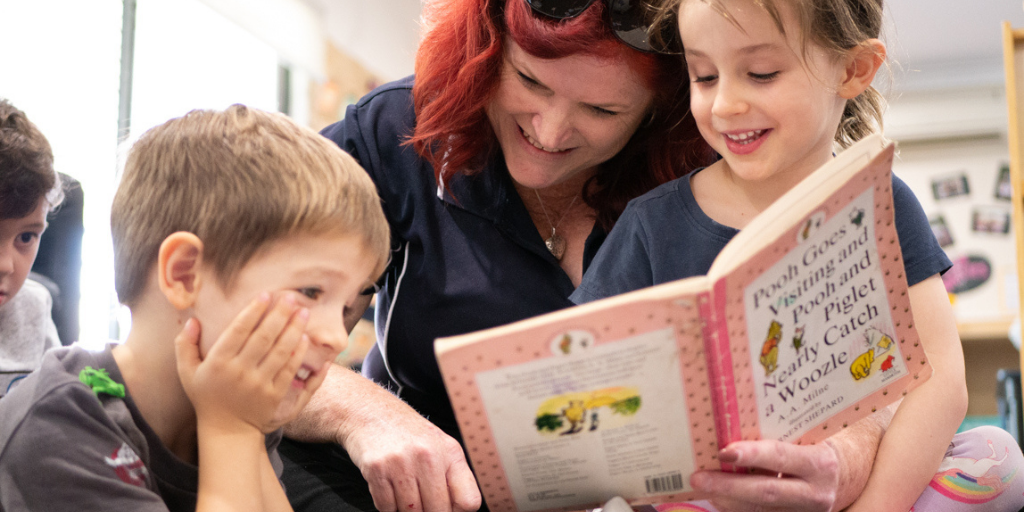What can you look out for to know if your child is ready for primary school? Here are 10 indicators.
Those important first five years of a child’s life are preparation for the exciting transition to primary school. Here are 10 key indicators, your child is ready for the big transition:
- The ability to be separated from parents and educators: Being in a larger learning setting at school means that children will need to make their way with less adult supervision.
- Showing confidence in who they are: Children need to be confident as they learn to carry themselves and grow their self-assurance.
- Communicating clearly and forming relationships: To grow at school, a child needs to follow directions. They also need to connect with other students using their language and relationship skills.
- Taking responsibility for themselves, others and their belongings: School requires more independence; like going to the toilet unaccompanied and knowing when they’re hot or cold.
- Becoming adaptable and coping with change: This year more than ever, we have all seen the importance of being able to adapt to change and having secure relationships to draw on.
- Practising resilience: The ability to bounce back after a mistake or a disappointment will be key to success at school and in life.
- Initiating, being involved and willing to try new things: Wrapping their head around the new rules and routines and adjusting to the shift in social dynamics of school can be overwhelming, but it’s all about a willingness to have a go.
- Problem-solving and showing curiosity: Does your child show an interest in the world around them, asking questions about how things work and why things are the way they are? These are signs of inquisition and an indicator they may be ready for school.
- Verbalising their needs: Is your child able to determine if and when they need to go to the toilet? Are they able and willing to speak up when they need something?
- The ability to resolve conflict: Friendships can be complicated in the schoolyard, and your child needs to be able to effectively navigate conflicts and disagreements as they arise.
Your local ELC gives children the benefits of a structured daily learning program while supporting parents and carers with the longer care hours provided in a childcare setting. We also follow the Queensland Government’s Approved Kindergarten program, ensuring your child is properly prepared for school.
YOU MIGHT ALSO LIKE TO READ:
What Your Child Should Be Eating for Their Age
A healthy diet is more than the food a child consumes; it is also about staying active. However, the two go hand in hand. Your child should be eating the right foods that balance the energy they use doing physical activities. – READ MORE






